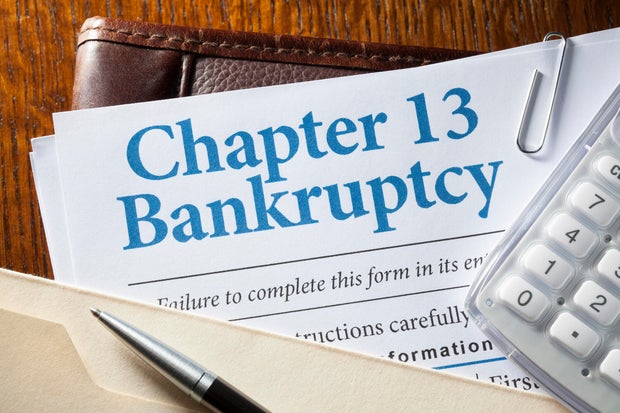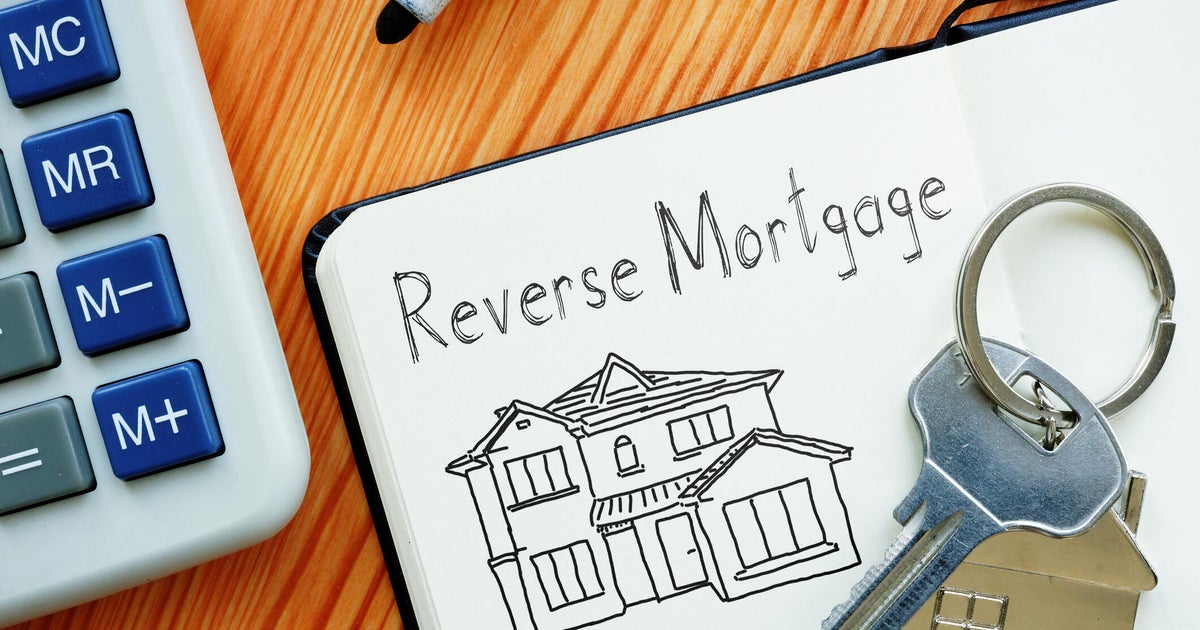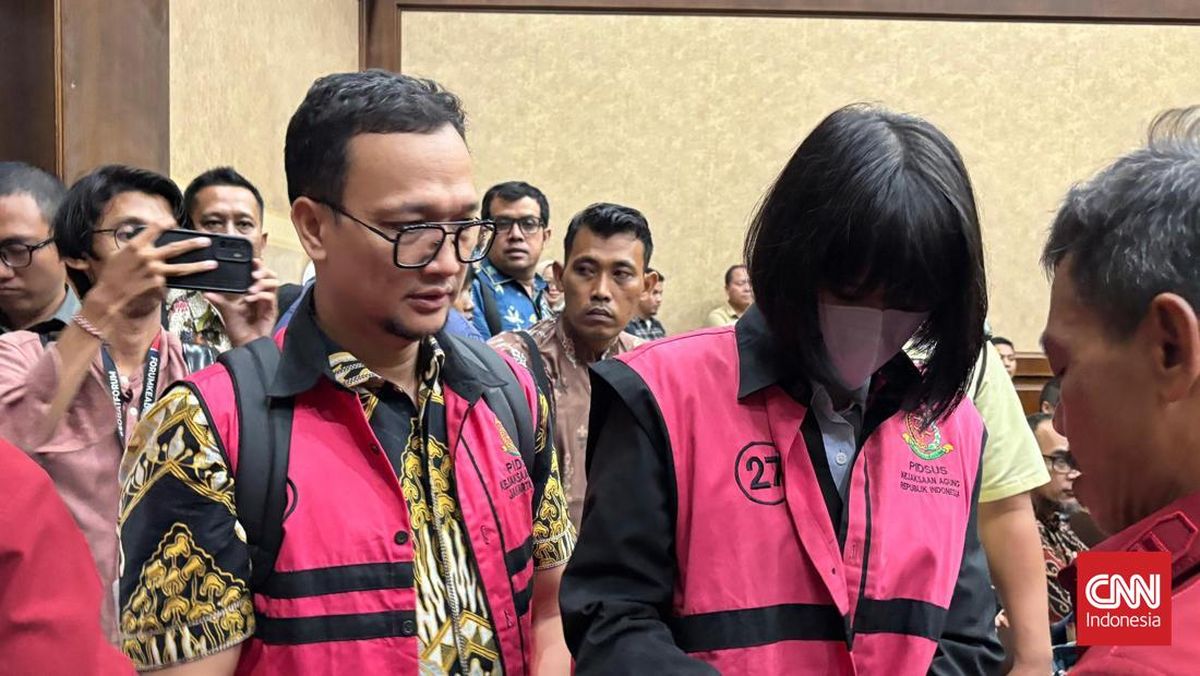 Before filing for Chapter 13, you should know how this type of bankruptcy can impact your income.
Bill Oxford/Getty Images
Before filing for Chapter 13, you should know how this type of bankruptcy can impact your income.
Bill Oxford/Getty Images
Bankruptcy filings have been climbing and personal bankruptcy inquiries have been skyrocketing as Americans continue to grapple with persistent inflation, elevated interest rates and mounting credit card debt that recently surpassed $1.21 trillion nationally. In this economic landscape, more households are finding themselves squeezed between rising living costs and debt payments they can no longer sustain, leading them to explore bankruptcy as a potential solution. Among the options available, Chapter 13 bankruptcy, often referred to as a wage earner's plan, has become an increasingly common choice for people who need breathing room to catch up on their debts.
But there's a persistent misconception about Chapter 13 bankruptcy that stops many borrowers from even considering this route. Because this type of bankruptcy does not simply wipe the slate clean — it requires filers to make monthly payments to creditors over several years instead — some borrowers assume that pursuing this option means handing over their full paychecks to a bankruptcy trustee. And, the fear of being left with no money to live on understandably makes people hesitant to pursue what could otherwise be a viable path to financial stability.
Does filing for Chapter 13 bankruptcy automatically mean that you're giving up all of your income, though? Or is there more to the repayment plan than that? That's what we'll answer below.
Learn how the right debt relief option can help you avoid bankruptcy now.
Does a Chapter 13 bankruptcy take all of your income?
No, Chapter 13 bankruptcy does not take all of your income. This type of bankruptcy is designed to create a sustainable repayment plan, not to leave filers destitute, and, as a result, it only requires you to put your disposable income toward the repayment plan, which stretches over three to five years. Your disposable income is what's left after you pay for reasonable and necessary living expenses.
Here's how it works: When you file for Chapter 13, you'll submit a detailed budget showing your monthly income and expenses. The bankruptcy court uses this information to determine how much you can realistically afford to pay your creditors each month. Your allowed expenses include essentials like housing, utilities, food, transportation, insurance, medical care and other necessary costs. The court follows standardized guidelines for many of these expenses, but there is some flexibility based on your specific situation.
The remaining amount becomes your monthly Chapter 13 payment. This means you keep enough of your income to maintain a basic standard of living while repaying what you can afford to your creditors. For some people, their disposable income might be relatively small if their essential expenses are high. For others with lower expenses relative to their income, the payment might be more substantial.
It's also worth noting that not everyone pays back the same percentage of their debt. Some people repay their unsecured creditors in full, while others might pay back only a fraction, sometimes as little as 10% or even less, depending on their disposable income and the value of their assets. The point here is that your payment is based on what you can afford, not on taking everything you earn.
Tackle your high-rate debt today.
How to decide if Chapter 13 bankruptcy is right for you
Chapter 13 can be a powerful tool for people with regular income who are behind on secured debts like mortgages or car loans, as this type of bankruptcy allows you to catch up on these payments over time while keeping your property. It's also useful if you make too much money to qualify for Chapter 7 bankruptcy or if you have assets you want to protect.
However, Chapter 13 isn't your only option for dealing with overwhelming debt, and it isn't always your best option, either. Debt settlement is one alternative, and with this route, you or a debt relief company you work with negotiates with creditors to pay less than you owe, typically in a lump sum. While this approach regularly reduces the total debt by 30% to 50% or more, it also typically damages your credit score and may result in tax consequences, since forgiven debt is considered taxable income.
Working with a credit counseling agency on a debt management plan represents another possible path forward. These programs help you consolidate your payments and reduce interest rates and fees, making it easier and more affordable to pay off what's owed. However, they don't reduce the principal you owe, so they tend to work best for people who can afford their debts with some adjustments but struggle with juggling multiple payments.
Ultimately, though, the right choice depends on your specific circumstances, including how much you earn, what types of debt you have, whether you're facing foreclosure or repossession and your long-term financial goals. Consulting with a debt relief expert can help you understand which option makes the most sense for your situation, as they can explain the pros and cons of each approach based on your unique financial picture.
The bottom line
Chapter 13 bankruptcy doesn't take all of your income. It simply requires you to pay what you can reasonably afford after covering your necessary living expenses. And, while committing to a multi-year repayment plan is a significant undertaking, it provides a structured path out of debt while allowing you to maintain your household and potentially save you from losing your other assets. That's a significant benefit to certain types of borrowers, but understanding exactly how your disposable income is calculated and exploring all your debt relief options will help you determine whether this path is the best approach for you.
Edited by Matt Richardson


















































